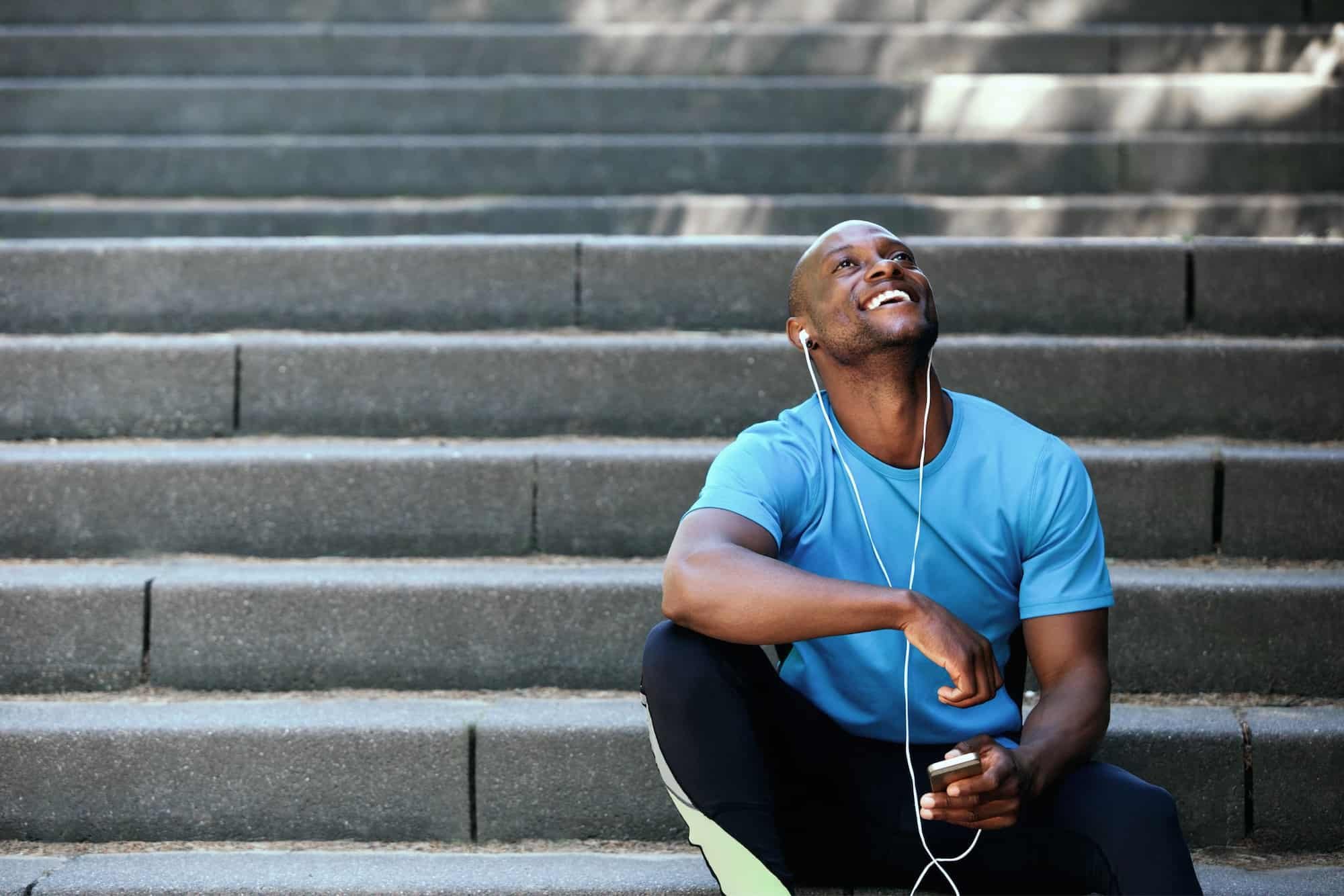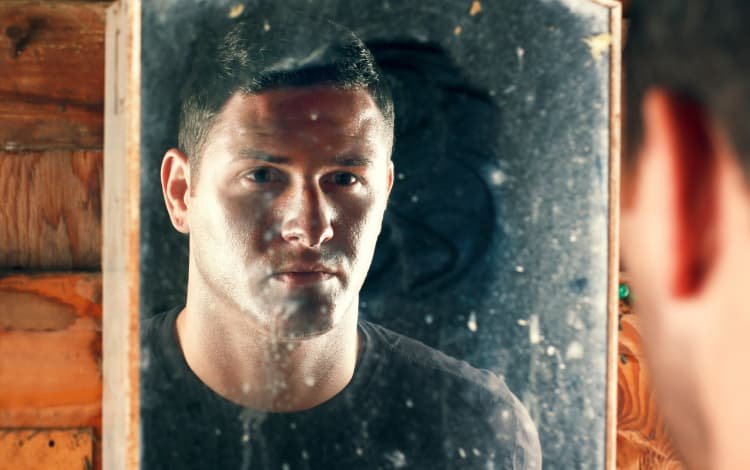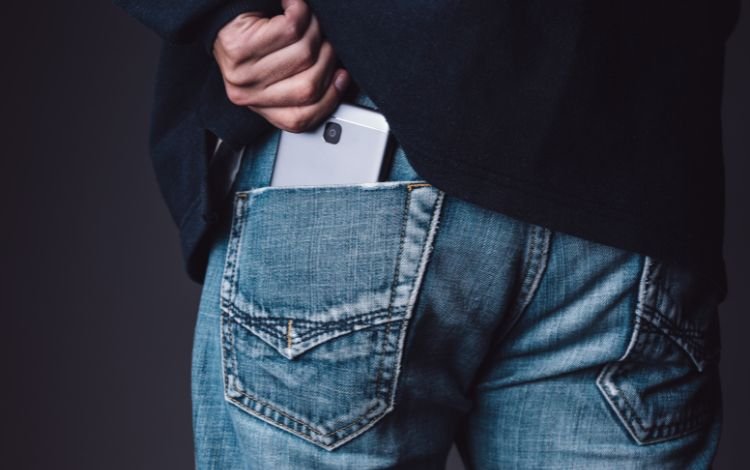
Common gay mental health challenges I work with.
Find relief from the everyday challenges many gay men face.
As a therapist specializing in supporting gay men, I draw on personal experiences to address your unique challenges as a gay man. This focus allows for tailored, high-quality care that meets your needs. My ultimate goal is to ensure that you get the right support and understanding for your mental health journey.
Below are some of the main concerns I work with.
Anxiety & worry
General anxiety, both socially and sexually, can have a profound impact on your life. It can lead to you avoiding social situations, having sexual difficulties, and having low self-esteem. It can also deepen the shame and guilt you might feel for being gay or the fear of being outed.
Therapy and self-care strategies can provide the tools to effectively manage anxiety and reduce its impact on your daily life.
Depression & mood
Depression and mood swings have a serious impact on your daily life. Your symptoms may include sadness, hopelessness, and not enjoying activities you once liked. Seeking help is critical if you are experiencing persistent feelings of depression. Remember, depression is a treatable condition. Therapy, medication, and lifestyle changes can help you manage your depression and improve your overall well-being.
Read my blog post about depression and gay men.
Coming out, sexual orientation, and sexuality issues
Coming out and accepting that you are gay can be an emotional and difficult process. Fear of rejection and the weight of social pressures can also make this journey hard and uncertain. However, it's critical to remember that being true to yourself is essential for your well-being and happiness. Seeking support from trusted friends, family, or a therapist can make coming out less overwhelming.
Read my blog post about coming out from being in the closet.
Internalized homophobia
Internalized homophobia is the experience of having negative feelings and beliefs about being gay. Because the LGBTQ+ community is often looked down on and treated unfairly, these feelings are often internalized. Having internalized homophobia can lead to self-hatred, shame, and a lack of self-acceptance. It can also affect your mental health, leading to anxiety, depression, and low self-esteem. Getting help from trusted friends, family, or a therapist is important for self-acceptance and happiness.
Read my post about internalized homophobia.
Substance abuse & addiction
Even though this is a common and serious problem among many gay men, navigating addiction or substance abuse can be a difficult and lonely experience. If you are struggling with addictive-like behavior, you must reach out for help and support, whether it be through therapy, support groups, or rehabilitation programs. It can be a long and bumpy road to recovery, but it's worth it to regain control over your life and find peace and happiness.
Low self-esteem & self-confidence
Having difficulties with self-esteem and getting close to other people is a common and complex issue many gay men struggle with. It's often rooted in past experiences, such as childhood trauma, damaging relationships, or difficulty accepting your sexual orientation. However, with the help of therapy and self-reflection, you can form healthy relationships and develop a sense of self-worth. It takes courage to be vulnerable and open up, but it is essential to your journey toward self-acceptance and experiencing satisfying relationships.
Loneliness
As a gay man, you might feel lonely because of social stigma and discrimination and because your family and friends don't accept you. It can also come from feeling cut off from the community and finding it difficult to make connections that matter.
To stop feeling lonely, it's important to find supportive communities, take care of yourself, and ask for help from people you care about.
Read my post about gay loneliness.
Trauma
Understanding yourself and how things from the past affect your relationships is a key part of growing as a person and being happy in your relationships. Childhood experiences, past relationships, and traumatic events can shape your beliefs and behaviors. Through therapy and self-reflection, you can learn more about yourself, deal with past traumas, and develop healthier ways of relating to others in the present and the future.
Toxic relationships
Being in a toxic relationship can hurt you physically and emotionally, and the effects can last for a long time. Not only is it emotionally draining, but it can feel like an uphill battle. The first step to overcoming a toxic relationship is being honest with yourself about the type of relationship you are in. It also means acknowledging the seriousness of the situation. Trusting your instincts and getting help from friends, family, or a therapist to help you find and break free from toxic relationships is critical.
Grindr overuse and addiction
Spending too much time on Grindr and other gay hookup apps can contribute to feelings of loneliness, anxiety, and depression. It can also lead to getting hooked on Grindr, one of the main reasons gay men turn to therapy. While social apps can make you feel connected, they can also make you feel bad about yourself, leading to feelings of shame and self-worthlessness. Finding balance and doing things that bring you joy and satisfaction, like hobbies, exercise, and meaningful relationships, is important.
Read my article on Grindr addiction and mental health.
Ready to take care of your mental health?
Don't let your challenges define you. With therapy, you can start to manage your life and achieve your goals.







